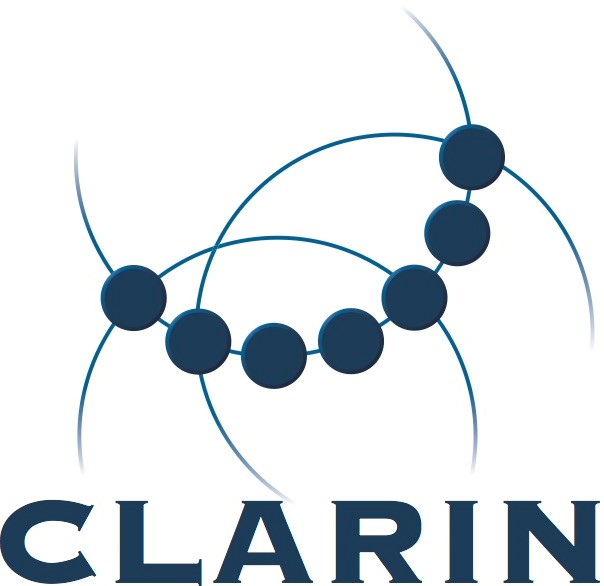Exhaustiveness effects in clefts are not truth-functional
Identifikator: 11022/0000-0000-1F2B-F
Abstract
While it is widely acknowledged in the formal semantic literature that both the truth-functional focus particle only and it-clefts convey exhaustiveness, the nature and source of exhaustiveness effects with it-clefts remain contested. We describe a question- naire study (n 1⁄4 80) and an event-related brain potentials (ERP) study (n 1⁄4 16) that investigated the violation of exhaustiveness in German only-foci versus it-clefts. The offline study showed that a violation of exhaustivity with only is less acceptable than the violation with it-clefts, suggesting a difference in the nature of exhaustivity interpretation in the two environments. The ERP- results confirm that this difference can be seen in online pro- cessing as well: a violation of exhaustiveness in only-foci elicited a centro-posterior positivity (600–800ms), whereas a violation in it-clefts induced a globally distributed N400 pattern (400–600ms). The positivity can be interpreted as a reanalysis process and more generally as a process of context updating. The N400 effect in it-clefts is interpreted as indexing a cancelation process that is functionally distinct from the only case. The ERP study is, to our knowledge, the first evidence from an online experimental para- digm which shows that the violation of exhaustiveness involves different underlying processes in the two structural environments. Journal of Neurolinguistics
Anwendungen
![]() Anzeigen im Virtual Language Observatory
Anzeigen im Virtual Language Observatory
Zitieren
Heiner Drenhaus, Malte Zimmermann, Shravan Vasishth (2010): Exhaustiveness effects in clefts are not truth-functional. Mind Research Repository. Identifier: 11022/0000-0000-1F2B-F.

